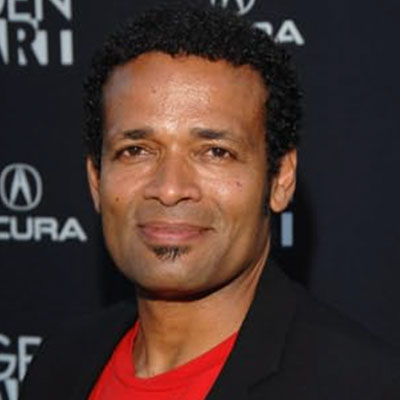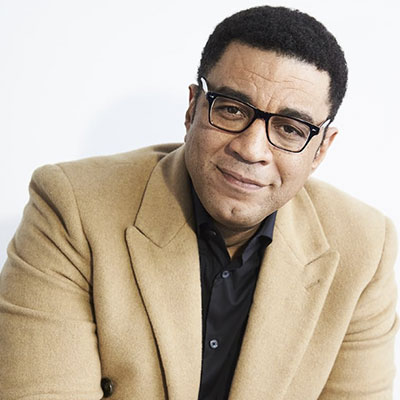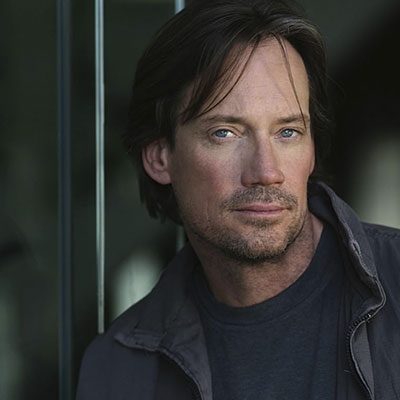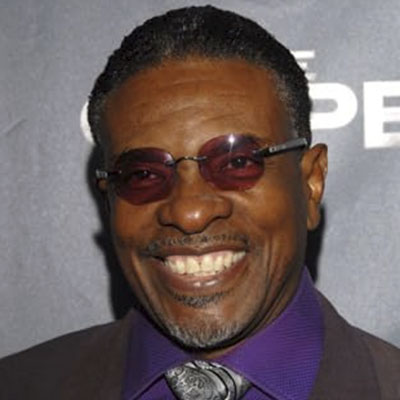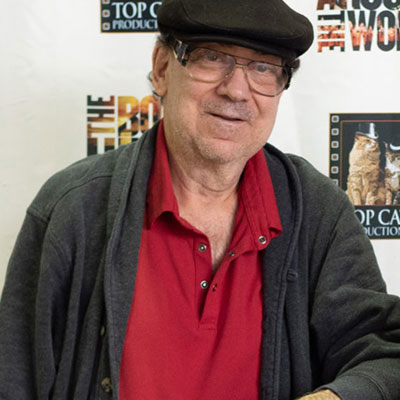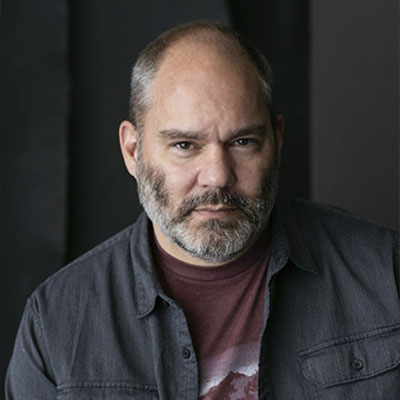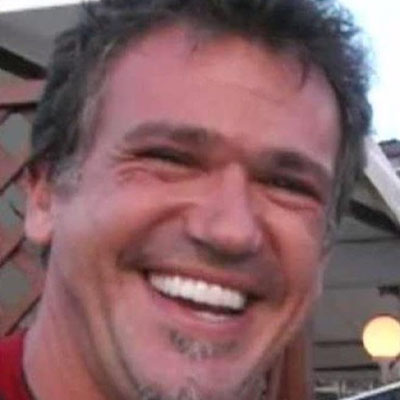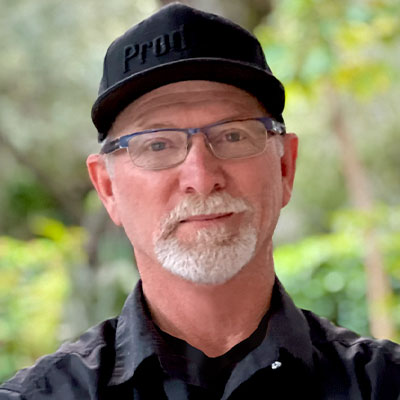The price for freedom
Motion picture
Inspired by a true story
The lives and deaths of Harry T. and Harriette V. Moore


Motion picture
Inspired by a true story
The lives and deaths of Harry T. and Harriette V. Moore





The Ballad of Harry Moore
The Ballad of
Harry Moore

Poem Narrated by
Assistant Democratic Leader James E. Clyburn
written by Mr. Langston Hughes.Florida means land of flowers.
It was on Christmas night
In the state named for the flowers
Men came bearing dynamite.Men came stealing through the orange groves
Bearing hate instead of love,
While the Star of Bethlehem
Was in the sky above.Oh, memories of a Christmas evening
When Wise Men traveled from afar
Seeking out a lowly mangerGuided by a Holy Star!Oh, memories of a Christmas evenin
When to Bethlehem there came
“Peace on earth, good will to men”–
Jesus was His name.But they must’ve forgotten Jesus
Down in Florida that night
Stealing through the orange groves
Bearing hate and dynamite.It was a little cottage,
A family, name of Moore.In the windows wreaths of holly,
And a pine wreath on the door.Christmas, 1951,
The family prayers were said
When father, mother, daughter,
And grandmother went to bed.The father’s name was Harry Moore.
The N.A.A.C.P.Told him to carry out its work
That Negroes might be free.So it was that Harry Moore
(So deeply did he care)
Sought the right for men to live
With their heads up everywhere.Because of that, white killers,
Who like Negroes “in their place,”
Came stealing through the orange groves
On that night of dark disgrace.It could not be in Jesus’ name,
Beneath the bedroom floor,
On Christmas night the killers
Hid the bomb for Harry Moore.It could not be in Jesus’ name
The killers took his life,
Blew his home to pieces
And killed his faithful wife.It could not be for the sake of love
They did this awful thing–
For when the bomb exploded
No hearts were heard to sing.And certainly no angels cried,
“Peace on earth, good will to men”–
But around the world an echo hurled
A question: When?…When?….When?When will men for sake of peace
And for democracy
Learn no bombs a man can make
Keep men from being free?It seems that I hear Harry Moore.
From the earth his voice cries,
No bomb can kill the dreams I hold–
For freedom never dies!I will not stop! I will not stop–
For freedom never dies!
I will not stop! I will not stop!
Freedom never dies!So should you see our Harry Moore
Walking on a Christmas night,
Don’t run and hide, you killers,
He has no dynamite.In his heart is only love
For all the human race,
And all he wants is for every man
To have his rightful place.And this he says, our Harry Moore,
As from the grave he cries:
No bomb can kill the dreams I hold
For freedom never dies!Freedom never dies, I say!
Freedom never dies!

Poem Narrated by
Assistant Democratic Leader James E. Clyburn
Synopsis
Harry and Harriette Moore founded the first NAACP branch in Brevard County, where these young artists found protection for their artistic pursuits. Harry and Harriette were not just pioneers of racial equality. They pioneered and fought with their lives to give value to the black vote. To put this timeline in a valuable perspective, Archbishop Desmond Tutu, who died last year, proudly proclaimed his greatest moment in life when at the age of 69, after fighting his whole life, he was able to vote for the first time as a black man in South Africa. This momentous occasion was in the year 2000, only 22 years ago. Harry and Harriette Moore fought their entire lives to give the right for the black man to vote. There are many well-known figures whose names have become synonymous with the civil rights movement of the 20th century. Many have truly paid “The Price for Freedom”. Martin Luther King Jr. Rosa Parks. Malcolm X. Medgar Evans. Emmett Till. The story of the Moore’s is one that is equal parts civil rights history, and a personal tale of love, commitment, and family. Sadly, it is a story that has for decades receded into dim memory. And yet the voices of these two pioneering leaders in the early struggle for civil rights call out through the decades not to be forgotten. The Moores were the first true civil rights activists of the modern civil rights era in the State of Florida. Harry organized the first Brevard County branch of the NAACP in 1934 and became its president. He would later coordinate chapters throughout the state, and in 1941, he organized the Florida State Conference of the NAACP, and soon became its unpaid Executive Secretary. In 1945 Moore formed the Florida Progressive Voters League and became its Executive Director.Harry T. Moore, Edward Davis, and other NAACP leaders, organized the Progressive Voters’ League at the statewide meeting in Lake Wales, Florida. This organization became the NAACP’s de facto political action arm. The league was instrumental in helping register over 100,000 black voters in the State of Florida. As the head of the Florida State Conference of the NAACP, Harry T. Moore led the fight against injustices on behalf of the state’s African-American population on a number of fronts, including voting rights and the equalization of pay for the state’s black teachers. Significantly, Moore also served as a forceful advocate against racial violence and lynching in Florida. His efforts in bringing attention to the lynching of the African American teenager Willie James Howard in 1944 and to the miscarriage of justice in the Groveland Rape case in 1949 are vivid examples of his activism on this front.
Moore’s vocal criticism of the failures of the criminal justice system—especially the ineptitude and complicity of law enforcement and the racism that permeated the courts—offered a much-needed critique of the tragic intersection of Jim Crow and civil rights violations. Ironically, it was not the 64 chapters of the NAACP that were opened by the Moores, or the over 200,000 black voters that were recruited by the Moores that ultimately got them killed. It was their attempted defense alongside the then young Thurgood Marshall (destined to become the first supreme court justice) )of the Groveland Four, four young african american men accused of rape.
At 10:20 pm, on a foggy December 25th in 1951, a bomb exploded under their small shotgun-style home on the outskirts of Mims, Florida – directly under their bedroom. It was both Christmas Day, and Harry and Harriette’s 25th wedding anniversary. Harry T. Moore died on his way to the hospital in Sanford, Fl in a car being driven by his brother-in -law, George Simms. Harriette’s death was 9 days later. Their deaths might have been spared if they had been taken to a white hospital that was nearby, but instead they had to travel hours away to the nearest black hospital where Dr. Starks was waiting.
Highlights and Accomplishments
Highlights and
Accomplishments
| 1934 | Organized and became president of the first Brevard County Branch of the NAACP |
| 1937 | Organized a group who selected John Gilbert to file suit for equal pay for black and white teachers |
| 1941 | Organized the first State conference of NAACP Chapters in the State of Florida, became President of NAACP |
| 1945 | Formed and became Executive Director Progressive Voters League of Florida |
| 1945 | Launched Voter Registeration Drives in November increasing black voter state registration from 5% to an astonishing 37% with the slogan: A Voteless Citizen is a Voiceless Citizen |
| 1946 | NAACP names Moore Executive secretaery of the NAACP State Conference |
| 1948 | Moore demands State investigation of police violence against blacks |
| 1949 | Moore became the first African American to file a lawsuit against the School Board demanding equal pay parity between blacks and whites |
| 1950 | Moore causes Brevard County to appoint first black deputy sheriff with authority to arrest both blacks and whites |
| 1950 | Moore was influential in attracting renowed attorney Thurgood Marshall to manage the appeal in the Groveland Four case |
| 1934 | Organized and became president of the first Brevard County Branch of the NAACP |
| 1937 | Organized a group who selected John Gilbert to file suit for equal pay for black and white teachers |
| 1941 | Organized the first State conference of NAACP Chapters in the State of Florida, became President of NAACP |
| 1945 | Formed and became Executive Director Progressive Voters League of Florida |
| 1945 | Launched Voter Registeration Drives in November increasing black voter state registration from 5% to an astonishing 37% with the slogan: A Voteless Citizen is a Voiceless Citizen |
| 1946 | NAACP names Moore Executive secretaery of the NAACP State Conference |
| 1948 | Moore demands State investigation of police violence against blacks |
| 1949 | Moore became the first African American to file a lawsuit against the School Board demanding equal pay parity between blacks and whites |
| 1950 | Moore causes Brevard County to appoint first black deputy sheriff with authority to arrest both blacks and whites |
| 1950 | Moore was influential in attracting renowed attorney Thurgood Marshall to manage the appeal in the Groveland Four case |
Press Release
“THE PRICE FOR FREEDOM” MOVIE BEGINS FILMING THIS OCTOBER Civil Rights story about Harry T. and Harriette V. Moore, founders of the NAACP Brevard County office that paved the way for the Black vote today.
FORT LAUDERDALE, FL – Producers of the highly-anticipated film, The Price for Freedom, a story about Harry T. and Harriette V. Moore who founded the first NAACP Brevard County office who fought with their lives to bring value to the Black vote have announced they will be filming the monumental Civil Rights story in the Fort Lauderdale area during October/November 2023.
The dynamic cast includes Mario Van Peebles, Director, who will play the leading role of Harry Moore. Peebles has starred in over 150 feature films and directed over 50. Harriette Moore will be played by Aisha Jackson who has been on numerous Broadway and Disney productions. Thurgood Marshall will be played by the award-winning actor, Harry Lennix known for his roles on Blacklist, The Matrix, and Batman vs. Superman. Award-winning actor, Keith David, an Emmy Award-winning actor known for his signature role in the TV series, Greenleaf will play Reverend J.W. Bruno. Actor Kevin Sorbo will be playing Sheriff McCall.
Walter T. Shaw (Top Cat II Productions LLC), the producer and co-writer of the film, discovered Moore’s story when he commissioned a book, The Bomb Heard Around the World. Following the book, he tirelessly worked for several years with screenplay writer, John Didonna to create The Price for Freedom. “We’re so honored to have the opportunity to tell this story and memorialize what happened in history which paved the way for today’s Black voter rights,” says Producer, Walter T. Shaw.
Benjamin L. Crump, one of the producers of the film and nationally recognized trial attorney who specializes in Civil Rights cases provides tremendous insights into the production. Crump’s involvement helps bridge the gap from history into today’s cases.
The movie song track is written by five-time Grammy winner, Mervyn Warren, known for The Preacher’s Wife, Sister Act 2, The Wedding Planner, and many others. Set design is created by Jerry Blohm known for Last of the Mohicans, Into the Blue, and Miami Vice.
The story of Harry and Harriette Moore is one that is equal parts in civil rights history, and a personal tale of love, commitment, and family. Sadly, it is a story that has for decades receded into dim memory, and yet the voices of these two pioneering leaders in the early struggle for civil rights call out through the decades not to be forgotten.
The Moore’s were the first true civil rights activists of the modern civil rights era in the State of Florida. Harry Moore organized the first Brevard County branch of the NAACP in 1934 and became its president. He would later coordinate chapters throughout the state, and in 1941 became President of the Florida Conference of the NAACP branches. In 1945, Moore formed the Florida Progressive Voter’s League and became its Executive Director. The league was instrumental in helping register over 200,000 black voters in the State of Florida. As the head of the Florida State Conference of the NAACP, Harry T. Moore led the fight against injustices on behalf of the state’s African-American population on a number of fronts, including voting rights and the equalization of pay for the state’s black teachers. Significantly, Moore also served as a forceful advocate against racial violence and lynching in Florida. His efforts in bringing attention to the lynching of the African American teenager Willie James Howard in 1944 and to the miscarriage of justice in the Groveland Rape case in 1949 are vivid examples of his activism on this front.
Moore’s vocal criticism of the failures of the criminal justice system—especially the incompetence and complicity of law enforcement and the racism that spread through the courts— offered a much-needed critique of the tragic intersection of Jim Crow and civil rights violations. Ironically, it was not the 64 chapters of the NAACP that were open by the Moores, or the black voters that were recruited by the Moores that ultimately got them killed. It was their attempted defense alongside the young Thurgood Marshall (destined to become the first supreme court justice) of the “Groveland Four,” four young African American men accused of rape.
It was a foggy evening on December 25, 1951, when a bomb exploded under their small shotgun-style home on the outskirts of Mims, Florida – directly under their bedroom. It was both Christmas Day, and Harry and Harriette’s 25th wedding anniversary. Harry T. Moore died on his way to the hospital in Sanford, FL in a car being driven by his brother-in-law- law, George Simms. Harriette’s death came 9 days later, just after saying final goodbyes to her husband at the mortuary. Their deaths might have been spared would they had been taken to a white hospital that was nearby, but instead they had to travel hours away to the nearest black hospital.
Media Contact:
Zucker Media Group
Contact: Valerie Zucker
Direct (305) 321.7556
Valerie@Vzucker.com
Join the Mission

If you would like to know more about the most important film of a lifetime, and how you can join the mission of telling this true story of Harry and Harriette Moore to the world, feel free to reach out to me or my wife.
Walter T. Shaw
Diana Ross Shaw
Those who cannot remember the past are condemned to repeat it
George Santayna, The Life of Reason, 1905
Behind the Scenes
Feature film production is underway.
